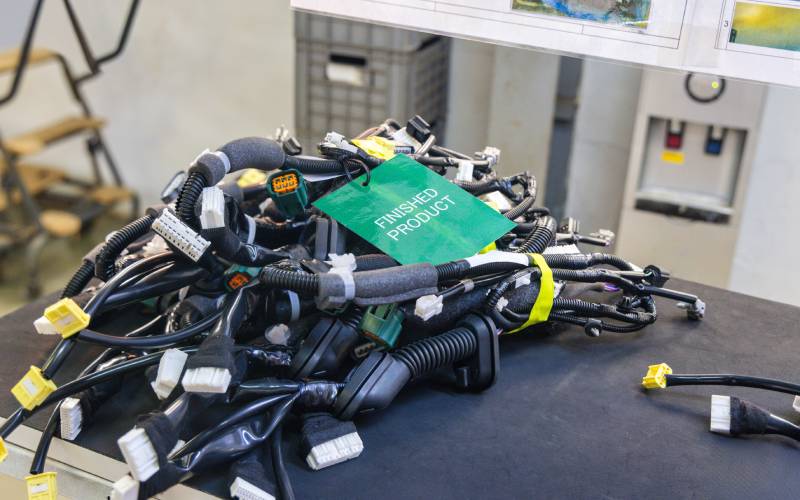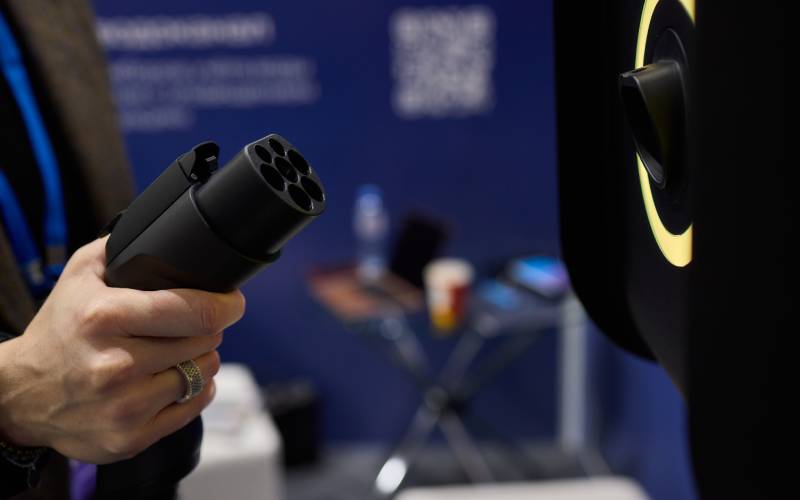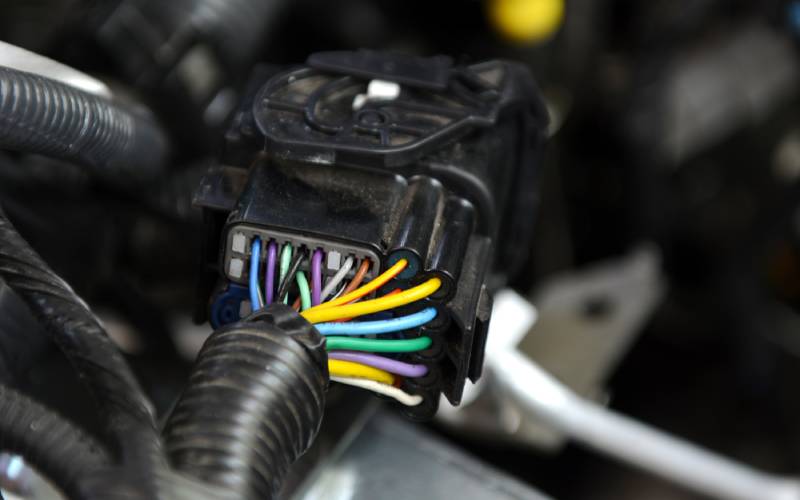The Sustainability Aspects of 7-Cavity Connectors
How To Select a Reliable Supplier for 5-Cavity Connectors

Automotive engineers are always looking for ways to enhance vehicle power and functionality without sacrificing quality. An important goal of modern design and construction is to create sustainable options that last a long time using environmentally conscious methods.
Connector Experts understands how the smallest components can make a big difference in the environmental friendliness of a vehicle. Today, we’re looking at the sustainability aspects of 7-cavity connectors and how engineers can use these devices to align with technological advancements and ecological responsibilities.
Understanding the Role of 7-Cavity Connectors
Automotive connectors are crucial components in vehicular systems that serve as interfacing points for wiring harnesses. They ensure reliable electrical connections, which are essential for the smooth operation of various vehicle functions. Manufacturers and engineers design these components to house multiple wires in a single unit. The idea behind this is to reduce the overall weight and complexity of the wiring system. Their compact design is particularly advantageous in smaller vehicles as they offer less storage space for these wiring systems.
The use of 7-cavity connectors can lead to significant improvements in vehicle performance by ensuring efficient power distribution. Their ability to handle multiple connections in one unit minimizes energy loss, which, in turn, can enhance the vehicle’s fuel efficiency. For automotive engineers, integrating these connectors into vehicle designs can simplify the manufacturing process and reduce assembly time, offering both economic and environmental benefits.
Material Efficiency in Connector Design
One of the most noteworthy sustainability aspects of 7-cavity connectors is their material efficiency. The design of these connectors allows for the optimal use of materials, minimizing waste during production. By consolidating multiple connections into a single unit, manufacturers can reduce the amount of plastic and metal that goes into these or similar systems. This conserves resources and decreases the volume of waste generated during the manufacturing process.
Material efficiency is crucial in the automotive industry where large-scale production can have significant environmental impacts. Manufacturers can use 7-cavity connectors to reduce the use of non-renewable resources. This approach supports the principles of a circular economy, where we can minimize waste throughout the product lifecycle by reusing materials as necessary.
The Impact of Lightweight Construction
The lightweight construction of 7-cavity connectors benefits vehicle sustainability significantly. By reducing the weight of the wiring system, these connectors reduce overall vehicle weight. Lighter vehicles require less energy to operate, leading to improved fuel efficiency and lower emissions.
When it comes to the automotive industry, weight reduction is a key strategy for meeting established emission standards and improving fuel economy. The integration of these connectors can help automotive engineers achieve these goals by minimizing the weight of the electrical system without compromising performance or safety.

Durability and Longevity of Connectors
The durability and longevity of 7-cavity connectors are critical factors in their sustainability. Engineers work hard to design these connectors to withstand the harsh environmental conditions that come with automobiles, including temperature fluctuations, exposure to moisture, and intense vibrations.
Their durability ensures reliable performance over the vehicle’s lifespan, reducing the need for frequent replacements and minimizing waste. Durable connectors reduce the demand for new materials and the energy required for manufacturing, aligning with sustainable engineering practices.
On top of the environmental benefits, there are economic advantages to using long-lasting, durable connectors. Fewer replacements translate to lower maintenance costs for vehicle owners, enhancing the overall value of the vehicle. This reliability can also strengthen brand reputation, as consumers increasingly prioritize sustainability and long-term performance in their purchasing decisions.
Enhancing Electrical Efficiency
Electrical efficiency is a fundamental aspect of vehicle performance and sustainability. More environmentally friendly connectors play a crucial role in enhancing electrical efficiency by ensuring optimal power distribution throughout the vehicle. They minimize energy loss at connection points, contributing to the overall efficiency of the electrical system.
Strengthening these connections enables us to waste less energy during vehicle operation. More efficient electrical systems are beneficial for modern hybrid cars and electric vehicles (EVs). Strong connections can lengthen battery life and improve charging times, making them a more viable and effective option for people seeking greener vehicles.
Reducing Environmental Impact Through Recycling
When looking at the sustainability aspects of 7-cavity connectors, it’s beneficial to consider how we can recycle them. Modern manufacturers make these connectors with more recyclable materials than they did in the past. Their materials are also easier to remove and separate to process for recycling. Modern connectors are much greener when it comes time to replace them, as fewer components wind up in landfills or dumps.
Manufacturers can help reduce the environmental impact of connector production and disposal by emphasizing the use of recyclable materials. We can also use these materials to conserve resources and energy, supporting a circular economy. This approach not only benefits the environment but also aligns with regulatory requirements for sustainable manufacturing.

Future Trends in Connector Sustainability
Like with most industries, we can get some ideas about where the future is headed by looking at current trends. Fortunately, many automotive trends lean toward sustainability, so there’s always going to be potential growth for longer-lasting connectors that are easy to recycle, use fewer materials, and fit into smaller spaces.
As the industry shifts toward electric and autonomous vehicles, the demand for efficient and sustainable electrical systems will continue to grow. Seven-cavity connectors offer a solution to this demand by providing reliable, efficient connections that support advanced vehicle technologies.
Emerging trends in connector sustainability include the use of biodegradable materials, smart connectors with embedded sensors, and an increased focus on recycling and reuse. These trends reflect a growing commitment to environmental responsibility and innovation in the automotive industry. By staying informed about these trends, engineers can anticipate future needs and develop solutions that align with sustainability goals.
As a leader in connector solutions, it’s time to take the next step toward automotive innovation with Connector Experts’s wide selection of 7-pin wire connectors. We have a full catalog of connectors to enhance vehicle sustainability and performance. If you’re looking for unmatched efficiency and reliability, browse our online shop. Contact us, and a member of our team will gladly help you find the perfect connector option to meet your specific needs.

You must login to post comments.